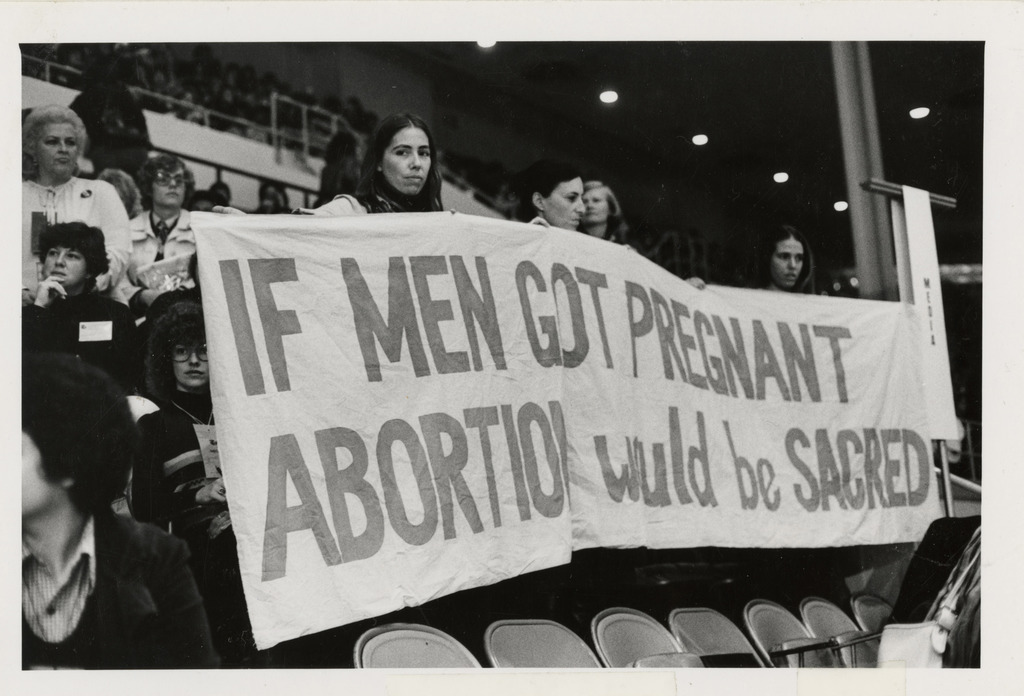After the United States Supreme Court discontinued the right to legal abortion, the debate on guaranteeing the reproductive rights of women and pregnant people gained a new tone, inside and outside the country. The decision, based on conservative foundations, may have political, cultural and ideological repercussions on other territories and issues important to women.
ADVERTISING
Embryonic research
- Human embryo research, used to investigate treatments for diseases such as diabetes and improve in vitro fertilization, is legal in only a few American states. Since 1995, investment in embryonic research has been frozen in the USA. With the revocation of the right to abortion, this branch may suffer even more restrictions based on the same arguments used by the anti-abortion movement. The wing condemns any type of threat to “potential” life, defined as that which exists from the moment of fertilization. Embryos, or “unborn human beings”, also had their nomenclature changed to “unborn children” in the nine states where the right to abortion was overturned, immediately after the Supreme Court decision.
Forced displacement
- With the illegality scenario, American women who wish to terminate their pregnancy, but live in places where it is prohibited leave their homes to obtain legal abortion in foreign territory. O Mexico is the destination for many women seeking abortions and they cannot obtain it in Texas, a state that has one of the highest levels of restrictions in the country. In Mexican territory, the sale of termination pills is free and abortions are self-suggested, without the necessary mediation of clinics or surgeries.

Long opposition struggle
- Last Tuesday (19), 35 people were arrested in protest in favor of the constitutional right to the termination of pregnancy procedure in front of the Supreme Court, including 17 congresswomen from the Democratic Party. Carolyn Maloney, a New York congresswoman who was present at the event in Washington, stated that “there is no democracy if women do not have control over their bodies nor can they decide about their own health, including reproductive care”.
- Congresswoman Alexandra Ocasio-Cortez, who was among those detained, is one of the opposition figures who promehave to fight until the rights “are restored”. In June, she had argued on social media that the ban would make the procedure more dangerous, especially for the poorest and most marginalized. “People are going to die because of this decision”, said.
- In a report, The Intercept shows how reproductive health care services are struggling to ensure care and increase access to treatment for women in the US states of Missouri and Illinois, where there are partial restrictions on abortion.
Curto Curatorship
Top photo: Woman holding sign that says “If men got pregnant, abortion would be sacred” at the National Conference for Women on 01/01/1977. The photograph illustrates the book “Spirit of Houston: The First National Women's Conference”.



